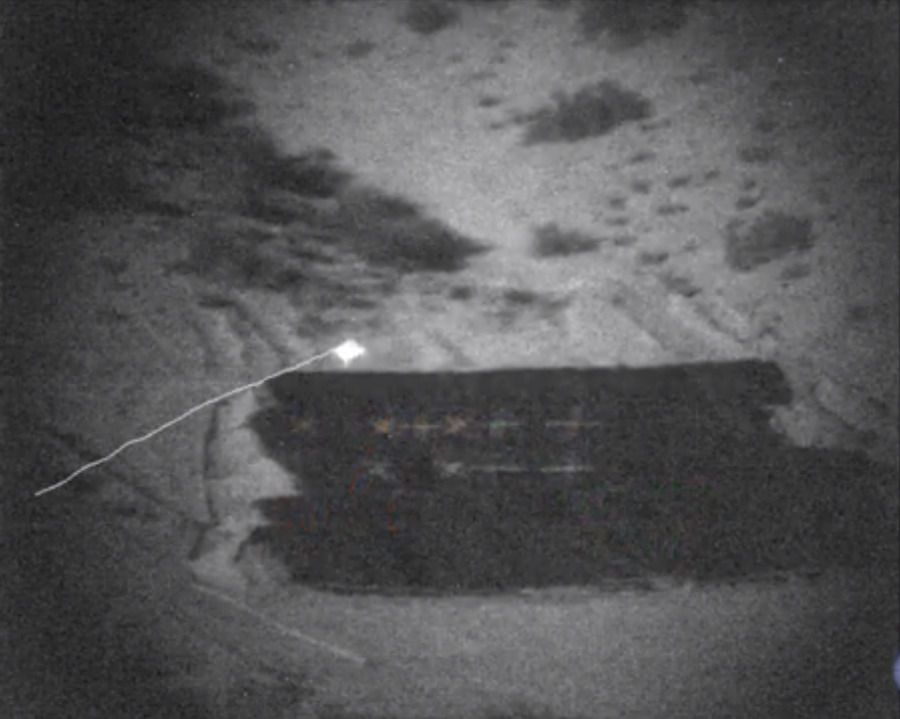Self-Guided Sniper Bullets Could Help Soldiers with Bad Aim

How do you hit a target if you have bad aim? The Defense Advanced Research Projects Agency (DARPA), which is known for developing some of the country's most futuristic technologies, has developed a high-tech sniper-bullet system to solve that problem.
DARPA recently conducted its first successful live-fire tests of the agency's Extreme Accuracy Tasked Ordnance (EXACTO) program, which is designed to help military snipers hit targets, even when their aim is off.
A new video posted on DARPA's website Thursday (July 10) shows what happens when a sniper fires 50-caliber rounds from a rifle equipped with the EXACTO system. Despite the shots being off target, the sniper hits his mark every time.
The EXACTO system consists of a maneuverable bullet, as well as a real-time optical guidance component that can track and direct the bullet to the target. The system makes it easier for snipers to hit a moving target, DARPA officials say.
The system also allows a bullet that has already been fired to compensate for any unexpected factors that may have driven it off course, such as a strong gust of wind, rain or a dust storm.
The system was designed with the dusty terrain and high winds of Afghanistan in mind, according to DARPA. Agency officials have said snipers in Afghanistan need rifles with greater accuracy, because every shot that doesn’t hit its mark could potentially expose the location of the sniper, and put the lives of both the shooter and nearby troops in danger.
But DARPA says the EXACTO system, which is currently in its second phase of development, can help solve this problem, which would be an improvement over even the most state-of-the-art sniper systems. The next phase of the EXACTO program will include further testing of the sniper system and additional enhancements to improve the system's performance, according to DARPA.
Get the world’s most fascinating discoveries delivered straight to your inbox.
Follow Elizabeth Palermo on Twitter @techEpalermo, Facebook or Google+. Follow Live Science @livescience. We're also on Facebook & Google+. Original article on Live Science.


